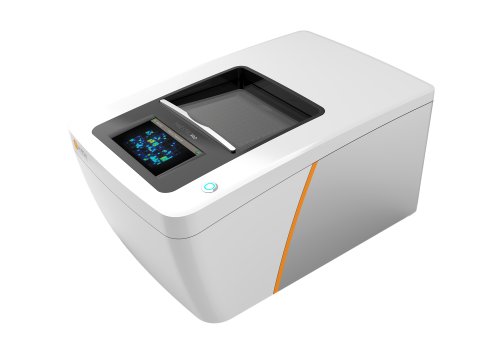Authors: Kyoung Hwan Park, Thuy Trang Truong, Jae-Hyun Park, Yujin Park, Hyeok Kim, Sung-Ae Hyun, Hye-Eun Shim, Sudipta Mallick, Hun-Jun Park, and Kang Moo Huh
Biofabrication, 2 August 2024
Scientists use Axion’s hands-free Maestro MEA platform to characterize hPSC-derived cardiac spheroids in vitro and assess their maturation over time.
3D culture systems show significant promise for regenerative medicine by recapitulating the complexity and organization found within native tissues, a crucial feature for disease modeling and drug discovery. Despite rapid advances in 3D culture technologies and methodologies, 3D models are often difficult to generate reproducibly at scales necessary for high throughput applications. In this study, the authors present a novel spheroid culture system using a mesh structure to control spheroid formation and enhance reproducibility. To characterize hPSC-derived cardiac spheroids and assess maturation over several weeks in vitro, the team used Axion’s noninvasive Maestro multielectrode array (MEA) platform, finding that spheroids developed stronger spike amplitudes and more defined T-waves over time. Overall, the authors conclude that development of this novel spheroid culture system represents a “significant advancement in the field of tissue engineering,” and showed that that “the spheroids generated in this system demonstrate impressive therapeutic outcomes when transplanted, highlighting their potential in regenerative medicine.”


